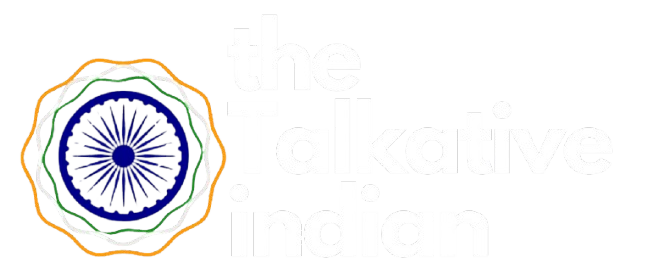
The TikTok Ban in the US: A Turning Point for Digital Privacy and Global Tech Politics
In a move that has sparked debate across the globe, the United States has taken significant steps toward banning TikTok, one of the world’s most popular social media platforms. With over 150 million users in the US alone, TikTok’s potential ban raises pressing questions about national security, data privacy, and the future of social media in an increasingly divided digital world.
The Controversy: A Battle Over Data
The TikTok ban stems from growing concerns about data privacy and national security. Owned by ByteDance, a Chinese company, TikTok has faced allegations that it could share user data with the Chinese government, potentially compromising sensitive information. While TikTok has consistently denied these claims and even taken steps to relocate data storage to US-based servers, concerns linger.
The US government argues that the platform poses a significant risk, citing the potential misuse of personal data for surveillance or influence campaigns. Critics, however, suggest that the ban might be less about security and more about geopolitical tensions between the US and China.
Impact on Users and Creators
For millions of users, TikTok is more than just an app; it’s a community and a source of income. Content creators who have built careers around the platform face uncertainty about their future. Small businesses, too, rely on TikTok’s powerful algorithm to reach audiences and drive sales, making the potential ban a major economic and cultural blow.
If TikTok is banned, creators and brands will likely scramble to migrate to other platforms like Instagram Reels, YouTube Shorts, or emerging apps. However, replicating TikTok’s unique algorithmic magic may prove challenging.
A Precedent for Digital Regulation?
The TikTok ban could set a precedent for how governments regulate technology companies. It highlights the growing importance of digital sovereignty—ensuring that foreign entities don’t control critical data. Other countries, such as India, have already banned TikTok over similar concerns, signaling a global trend toward stricter digital regulation.
However, this move also raises questions about freedom of expression. Is banning a platform outright the best way to address privacy concerns, or does it risk stifling innovation and global connectivity?
What’s Next?
As the debate over TikTok’s future unfolds, alternatives to a full ban, such as increased transparency or partial divestment, are discussed. TikTok’s proposal to store US user data domestically under the “Project Texas” initiative has been pitched as a compromise, but it remains to be seen if this will satisfy regulators.
For users and creators, the focus should be on diversifying platforms and preparing for a digital ecosystem that could shift rapidly. For policymakers, balancing security with openness will be crucial to navigating the complex landscape of global technology governance.
Conclusion: A New Era of Digital Governance
The potential TikTok ban represents more than just a crackdown on a social media app; it’s a reflection of broader tensions between privacy, security, and the globalization of technology. Whether the ban goes through or not, one thing is clear: the future of the internet is being reshaped, and its ripple effects will be felt for years to come.
As the conversation continues, it’s essential to ask ourselves how we can create a digital world that values both security and inclusivity—a world where users, creators, and nations can thrive together.
Discover more from The Talkative Indian
Subscribe to get the latest posts sent to your email.
























